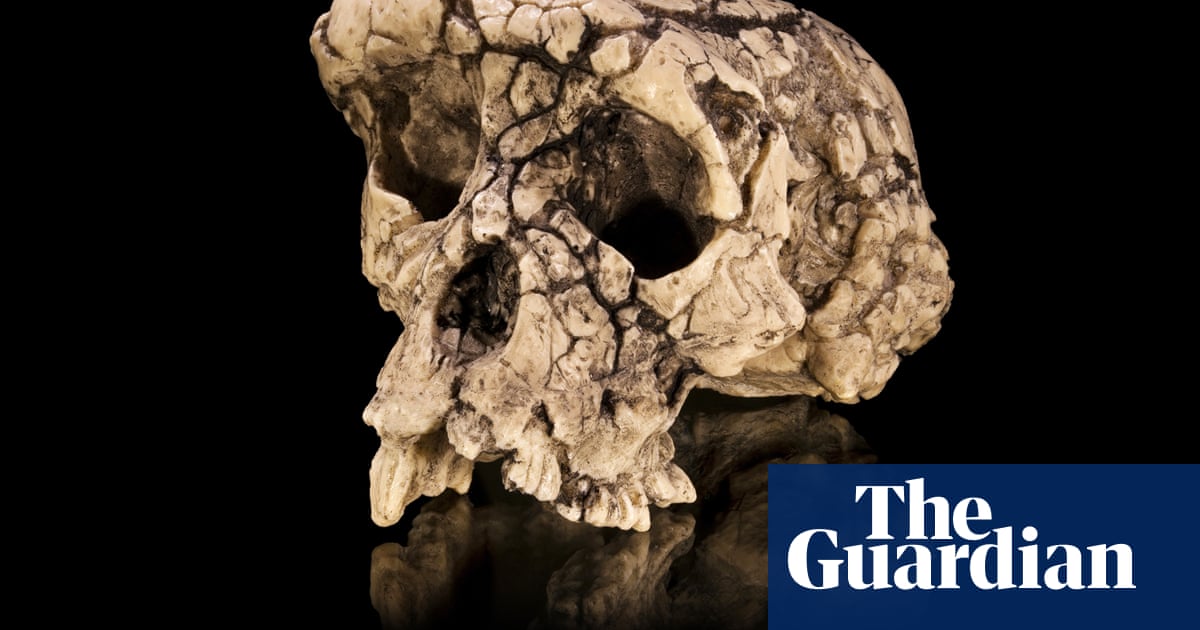
"Brunet's discovery invoked intense reactions among scientists who recognized the implications of the skull potentially rewriting human evolution timelines, marking an exciting moment in paleoanthropology."
"Described as a mix of human and apelike features, the skull challenged existing notions, prompting discussions on what it meant to be human and our origin."
In 2001, palaeontologist Michel Brunet revealed an ancient skull he discovered in Chad, named Toumai, potentially the oldest hominid known, dated to 6-7 million years ago. Its mix of human and apelike features sparked intense discussions within the scientific community, suggesting a new perspective on the evolution of early humans. Brunet's discovery captivated both the public and scientists, leading to widespread media coverage and debates about the implications of this find on our understanding of human ancestry. Brunet's theatrical reveal emphasized the significance of this extraordinary specimen in the study of human evolution.
Read at www.theguardian.com
Unable to calculate read time
Collection
[
|
...
]